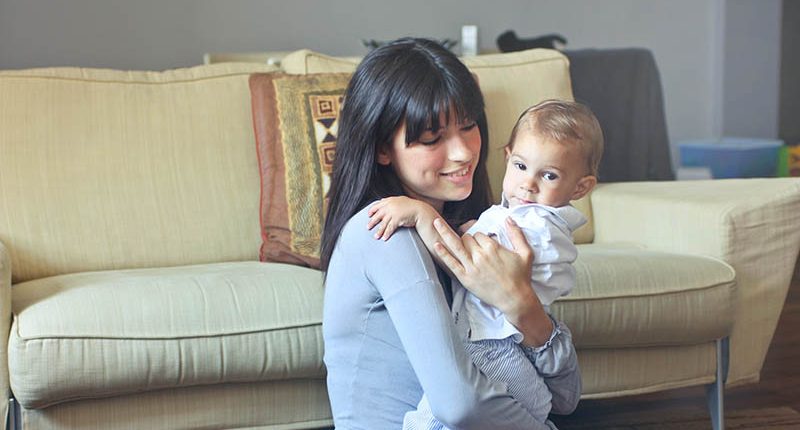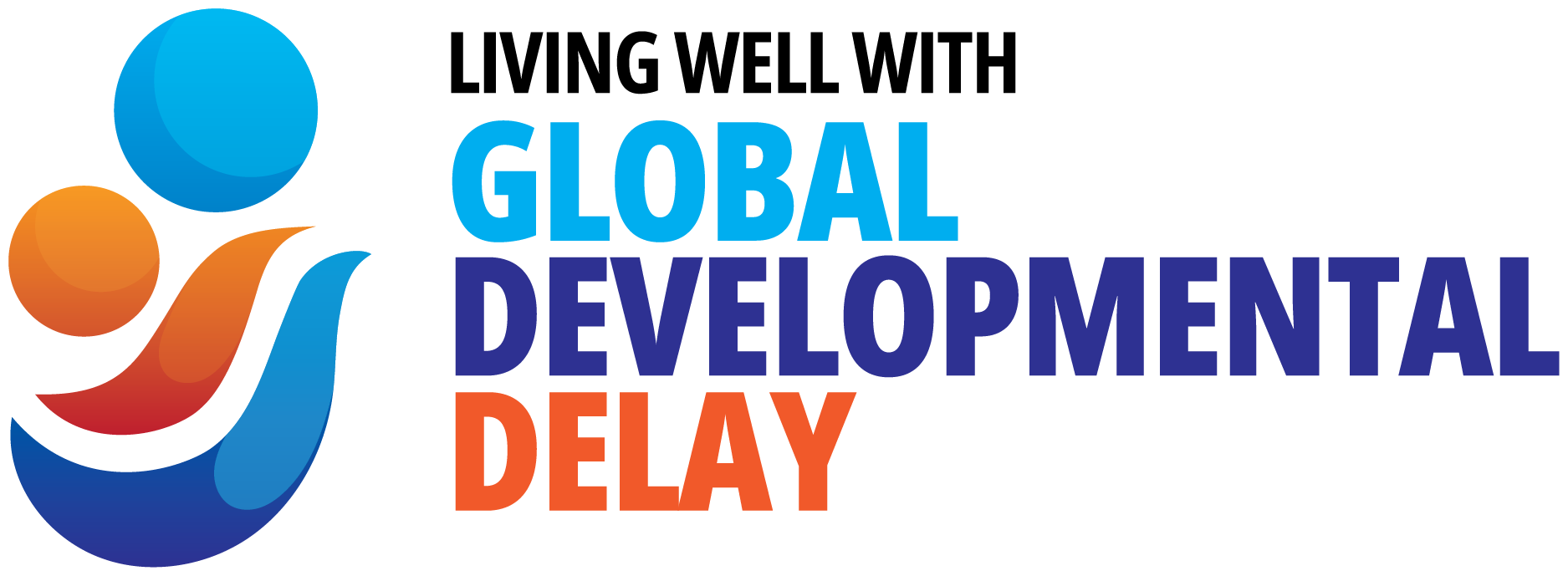Blog
You Know Your Child Best – A Lesson I Learned the Hard Way
- September 5, 2025
- Posted by: gl0b4dm1n
- Category: Global Developmental Delay

I didn’t set out to become “that mum.” The one who keeps pushing. The one who questions the professionals. The one who doesn’t take “He’s doing fine” as a complete answer. But when it comes to your child, you become someone you never imagined—because you “have to”.
My son was born at 28 weeks. Tiny, fragile, and yet already a fighter. We spent months in the NICU[1] watching monitors more than we looked into his eyes. So when we finally brought him home, we clung to every milestone like it was a miracle. And they were—”his” miracles.
But something in me always felt like things weren’t quite as they should be. As the months passed, I started noticing delays—he wasn’t babbling like other babies, wasn’t sitting unaided when his peers were crawling, and eye contact was fleeting. Every red flag that rose was met with the same phrase: “He’s doing so well for a 28 weeker.”
At first, I accepted it. Of course, he was going to be a bit behind. I told myself to be patient, to stop comparing. But inside, the unease grew.
I began keeping notes—videos, photos, timelines. I brought them to our regular paediatric appointments. I voiced my concerns, hesitantly at first, but louder each time.
I was dismissed more than once.
“He’ll catch up.”
“Boys are slower.”
“You’re overthinking it.”
“Some mums just want a diagnosis to access support funding.”
That last one stung.
I wasn’t looking for funding—I was looking for “answers”. For guidance. For someone to say, “Yes, I see what you see. Let’s look into it further.” But that never came. At least not at first.
Eventually, I reached a breaking point. I started seeking second opinions. I spent hours reading developmental studies until my eyes blurred. Not because I didn’t trust doctors—but because they didn’t seem to trust “me”.
Finally, after almost two years of pushing and his first epileptic seizure, we got our first diagnosis: global developmental delay, cerebral palsy and epilepsy. It didn’t answer all the questions, but it gave us a framework. And with that came early intervention, therapies, and the kind of support I had been begging for.
I remember crying the first day with our son’s new paediatrician — not because of the diagnosis, but because someone finally “saw” him. She saw “us” and told me that now I can be a mum and care for my son, she will coordinate the medical.
Now, years later, he’s thriving in his own beautiful, unique way. He still has his challenges, but he’s made progress no one expected. And through it all, I’ve learned one thing above all else:
“You know your child best.”
That phrase used to feel like a throwaway line. But now, I hold it like a shield. No one spends more time with your child. No one sees what you see day in and day out. Your instincts are “real”, and they are “valid”.
If you’re a parent reading this who feels like they’re shouting into the void, let me be the voice that echoes back: “Keep going.” Trust yourself. Don’t be afraid to question. Don’t be afraid to push. You’re not difficult—you’re “devoted”.
And to the professionals: please listen. Please believe the mums, dads and carers who come to you not with hysteria, but with heart. We’re not after a label or a handout. We’re trying to give our children the best possible shot at the lives they deserve.
It took me a long time to reclaim confidence in my voice. I wish I had done it sooner. But now I speak up—not just for my son, but for every parent out there still searching for someone to listen.
And to you, reading this with worry in your chest and questions in your heart:
You’re not imagining it.
You’re not alone.
You know your child best.
Hold on to that. It matters more than anything.
By Clare, a Mum Who Refused to Be Silenced
